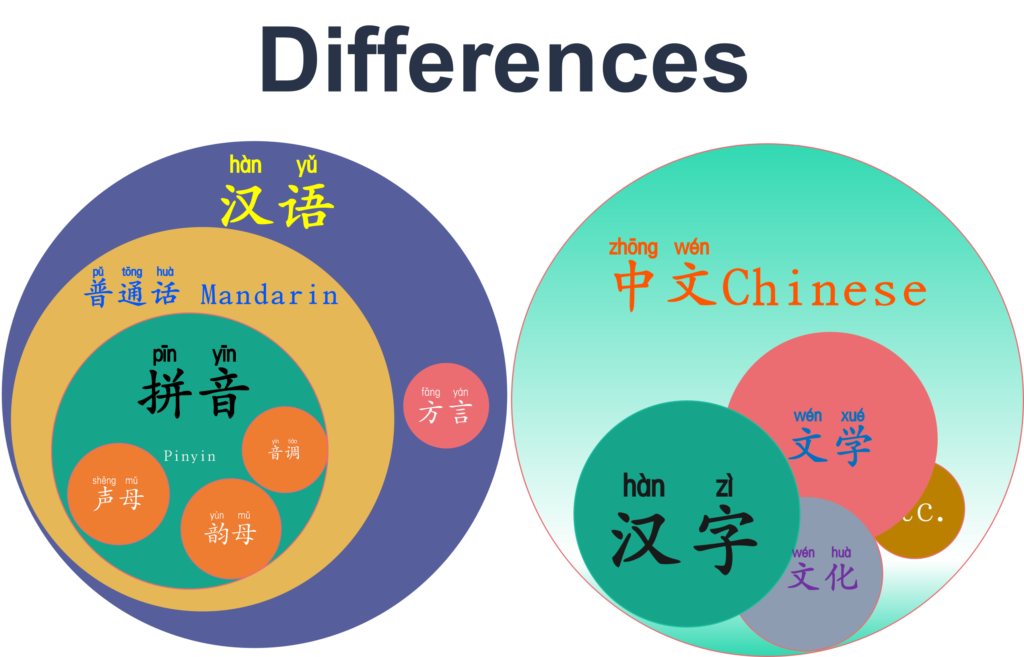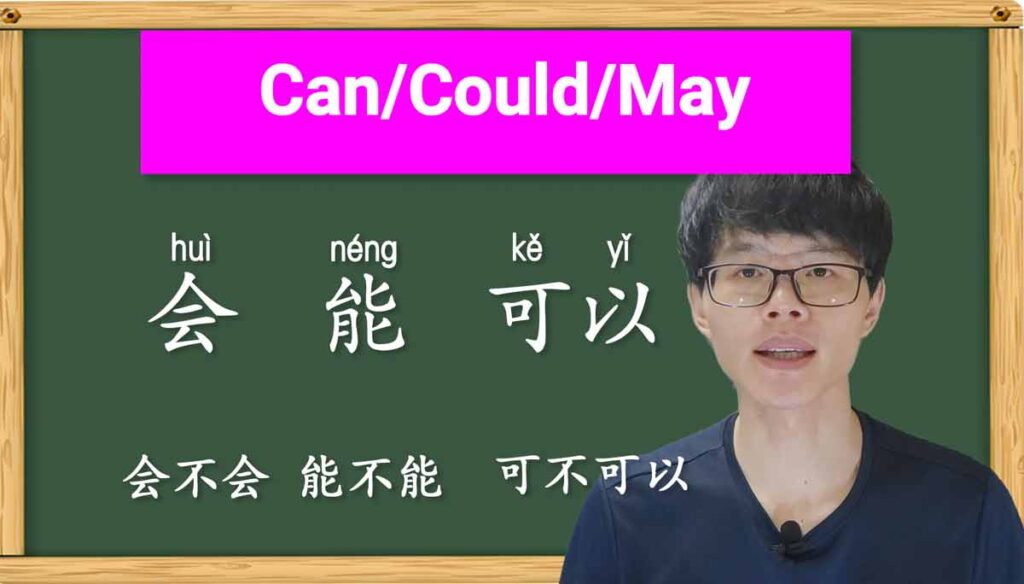In this free Chinese lesson, we’ll continue to learn the rest of Chinese Pinyin initials and finals. If you’re totally beginner to Chinese, then I suggest you start with free Chinese lesson 1. And we’ll learn more Chinese words and phrases in the end.
| initials | pronunciations |
|---|---|
| g | |
| k | |
| h | |
| j | |
| q | |
| x | |
| z | |
| c | |
| s | |
| zh | |
| ch | |
| sh | |
| r |
The difference between z,c,s and zh,ch,sh
Actually, this is one of the most difficult part of Pinyin pronounciations. And most Chinese people couldn’t distinguish z,c,s and zh,ch,sh as well. If you know Chinese people from the south of China, then you will find they can’t speak “zh”,”ch”,”sh” properly. They would speak “zh”,”ch”,”sh” as “z”,”c”,”s”. Generally speaking, it wouldn’t affect communication as we most likely to speak phrases and sentences. People would get what you point.
However, you’re beginners of Chinese learning, you can distinguish and change your accent far more than they did. It’s totally fresh new to you. If you want to learn HSK you need to focus on that, otherwise it will affect your HSK exam, especially listening exams.
The difference between z,c,s and zh,ch,sh are that your how your tongue set. The z,c,s are what we called alveolar (平舌音). Tongue is flat, close to lower teeth. However, the zh,ch,sh are cacuminal (翘舌音), tongue is flat or little curled and the tongue tip is little bit close or again alveolar ridge

Now, let’s look at the finals below and repeat each one with audios.
| finals | pronuciations |
|---|---|
| ai | |
| ei | |
| ui | |
| ao | |
| ou | |
| iu | |
| ie | |
| üe or ue | |
| er | |
| an | |
| en | |
| in | |
| un or uen | |
| ün | |
| ang | |
| eng | |
| ing | |
| ong |
From the finals chart above, you can see they are the combination of vowels (finals) or finals to be a new final. If you listened to the audio carefully, and repeated them, you will find there’re some is really hard to pronounce or distinguish. Yes! it’s hard for Chinese people too. Again, most of South China people will be challenge to pronounce them, so you need to be very carefully to practice them. So that you won’t have the same “troubles” as South China people have. ^.^
Please keep eyes on those pronunciations bellow.
| an | ang |
| on | ong |
| in | ing |
| en | eng |
I will teach you some most used new Chinese characters and phrases, even some basic Chinese grammar.
How to say “am, is, was, are, were” in Chinese ?
In Chinese language, we use “是( shì )” to express English word “be (am, is,was,are,were)”. It’s so different from English. Let me make examples for you. Sorry, I really like examples when I learn new language, So I think examples are so much easier to understand the difference or concepts.
| He is my brother | He was my brother |
| 他是我的哥哥 | 他是我的哥哥 |
| they are my brothers | they were my brothers |
| 他们是我的哥哥 | 他们是我的哥哥 |
You might be wondering does Chinese have tenses ?
Strictly speaking, Chinese language doesn’t have tenses like English has. But Chinese does have alternative ways to express tenses. Sometimes we will add some auxiliary word. Which means, generally speaking, you can’t distinguish a single word is plurals or singular, it’s past tense or future tense. But we will maybe add some extra words, or phrases to express tenses. However, in most cases you don’t need to care about tenses, because the answer is apparently to see.
Like this, when we want to say past tense we might use Chinese character “曾 (céng )” or “曾是(céng shì )”. If further tense we might use Chinese word “将 ( jiāng )” . All you need to know is Chinese doesn’t have strictly tenses as English has. But we have our ways to express tenses.
Does Chinese have singular or plural ?
| I have one brother | I have five brothers |
| 他有一个哥哥 | 我有五个哥哥 |
From the example above, in English “brother” and “brothers” is different. But in Chinese, we all use “哥哥”, There is no need to add plural or singular word of brother, because it does no need at all. Why? because “one” or “five” already tell you it’s singular or plural.
So Chinese language does not have singlular or plural as English have. It doesn’t mean Chinese can’t describe singular or plural. Just the the tense I explained before, we still will use some ways expressed that. For beginners, you need to know Chinese character “们 (men)” is normally means plural. Especially, this pattern, pronoun+们=plural.
| us | 我们 |
| they | 他们 |
| brothers | 哥 哥 们 |
How to say “you” in Chinese ?
We say “you” in Chinese as “你 (nǐ)”.
Do you remember how to say I or me in Chinese? Or he, her, it in Chinese? And we just need to add Chinese character “的” follows them. and the meaning will changed to Possessive Pronouns. The pattern is “Noun”+”的“=“Possessive Pronouns”
How to say “hello” in Chinese ?
In English, hello is a individual word, however in Chinese is a phrase. Before that I will teach anther word to say “Good” in Chinese. That’s “好 (hǎo)”
You just need to put you and good together, that’s the hello in Chinese. “你好”=“hello”
How to say “have” in Chinese ?
Do you know how to say “have” in Chinese? Actually, I have shown you in the examples. “有” is the “have” in Chinese.
| yǒu | 有 | have or, there be |
How to say “family” or “home” in Chinese ?
In Chinese we will say “家 (jiā)” as home or family in English.
| my family have five people | 我家有五个人 |
| my home is far away from here | 我家离这很远 |
Alright, I’m little out of the point. I just want to show a little Chinese grammar concepts. For beginners, maybe it will be better to teach you more Chinese characters and phrases. Let’s call it a day. The first thing first, is trying to pronounce the initials and finals as much as can.
If you have any questions or suggestions, please comment bellow. So that I can give you a better Chinese lessons. Thank you!















